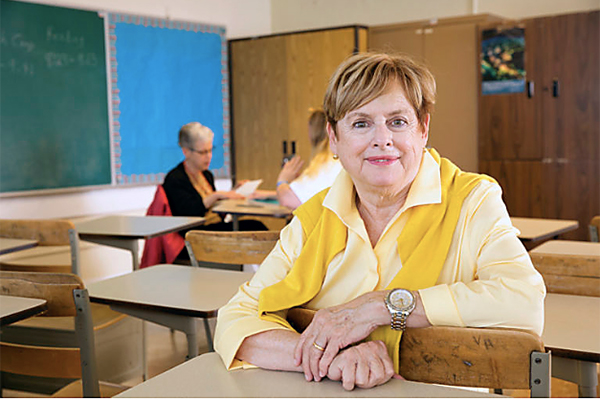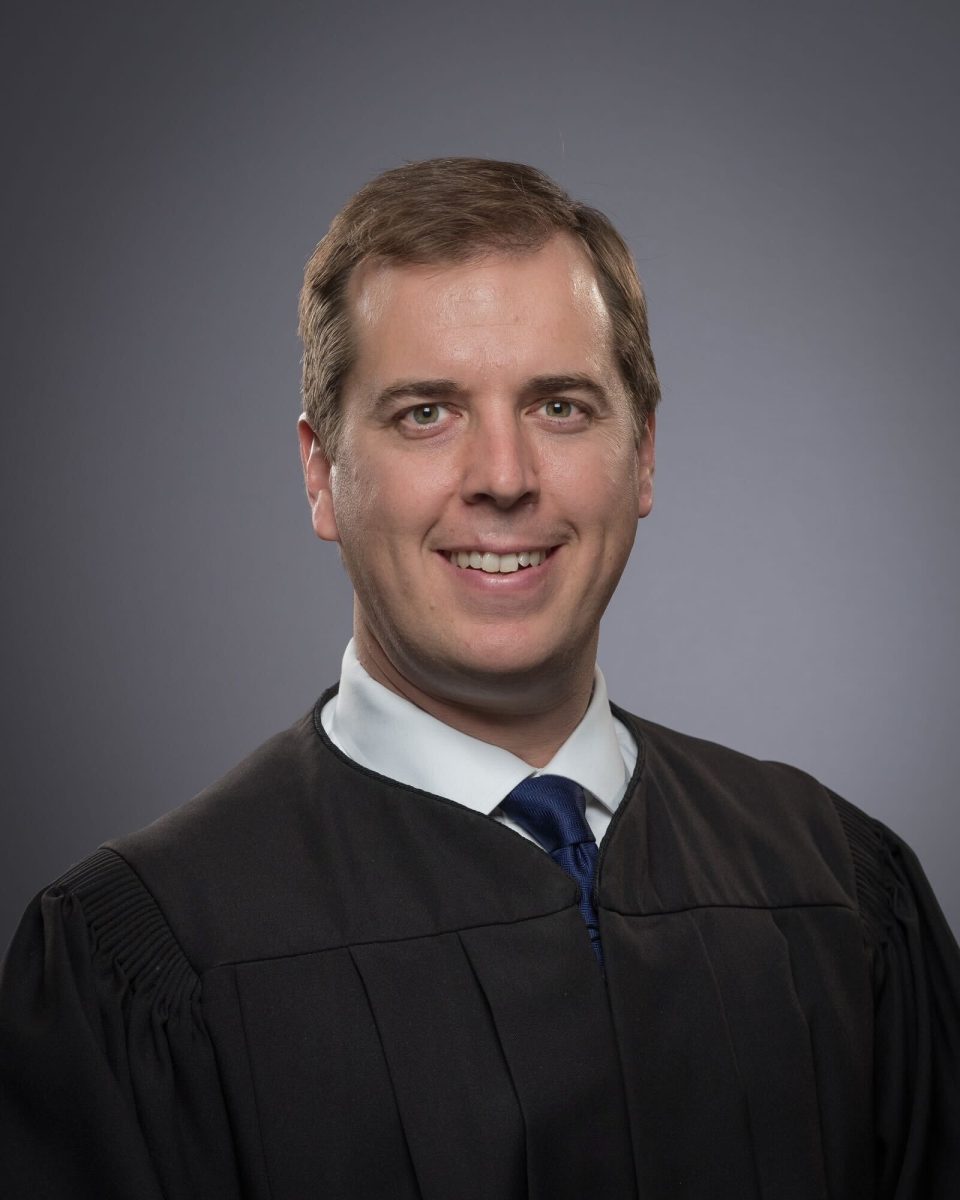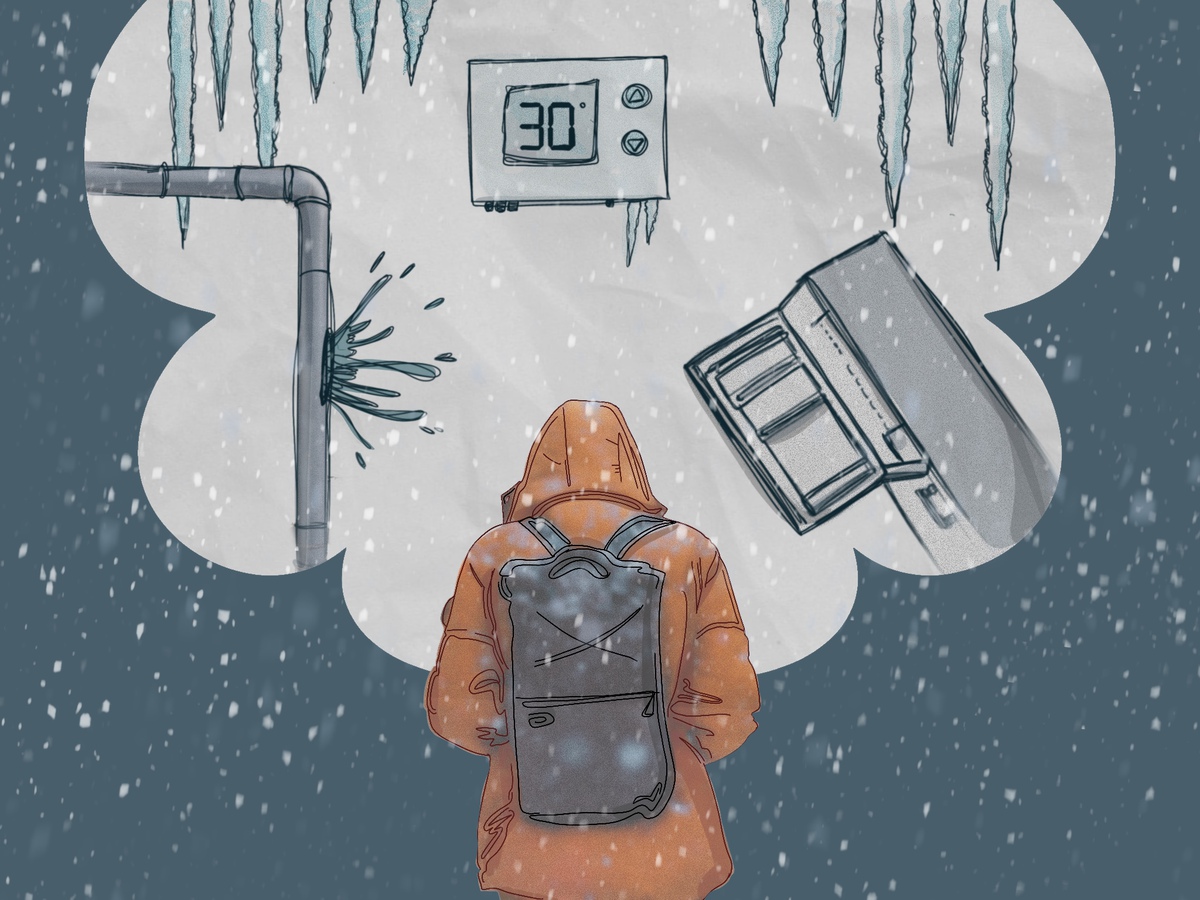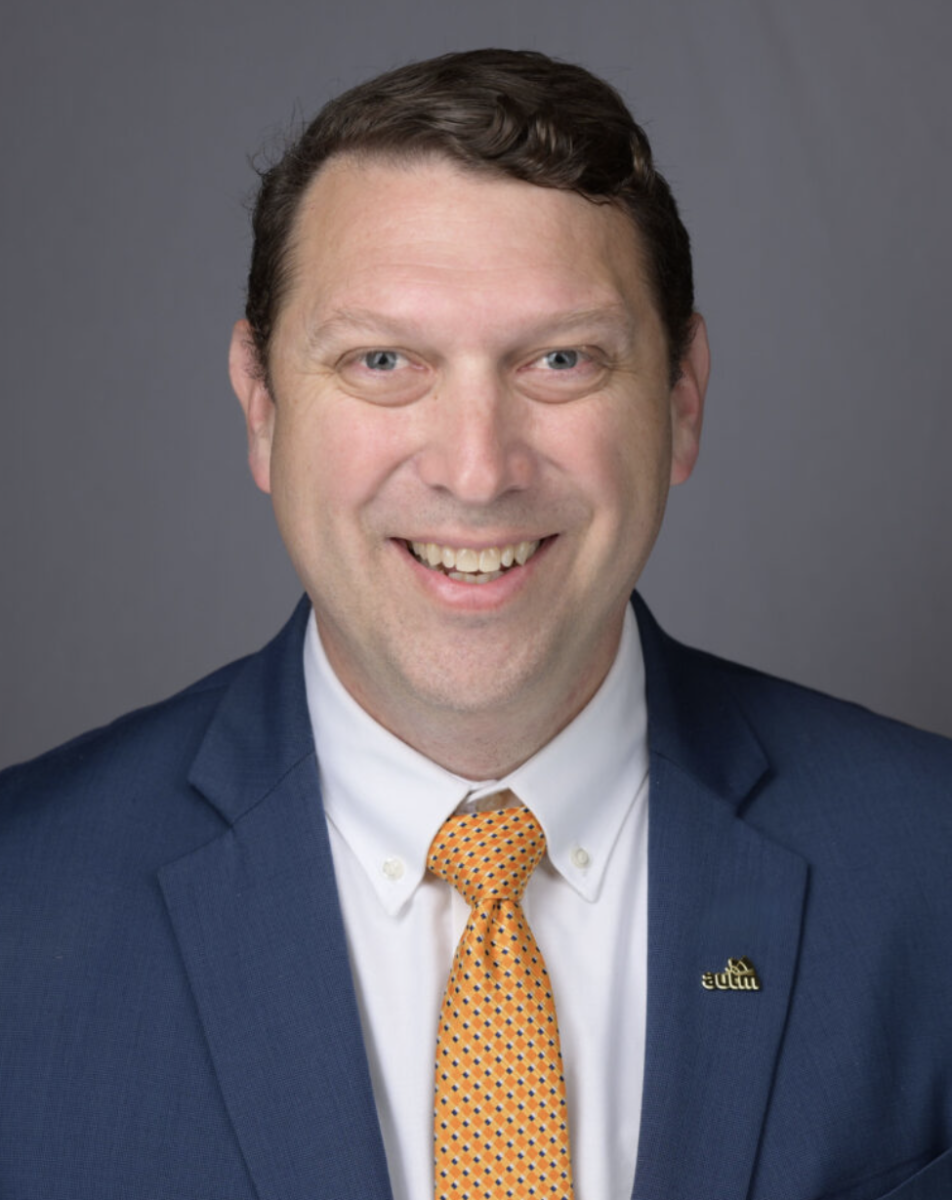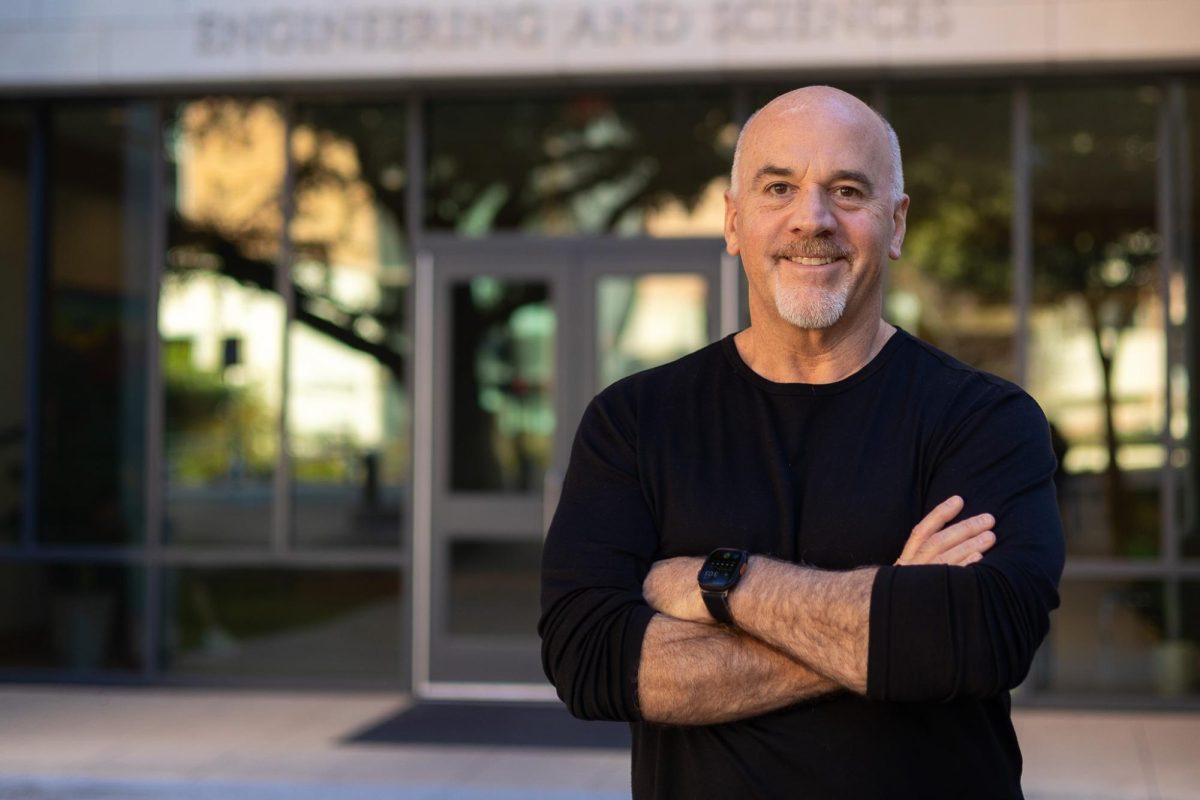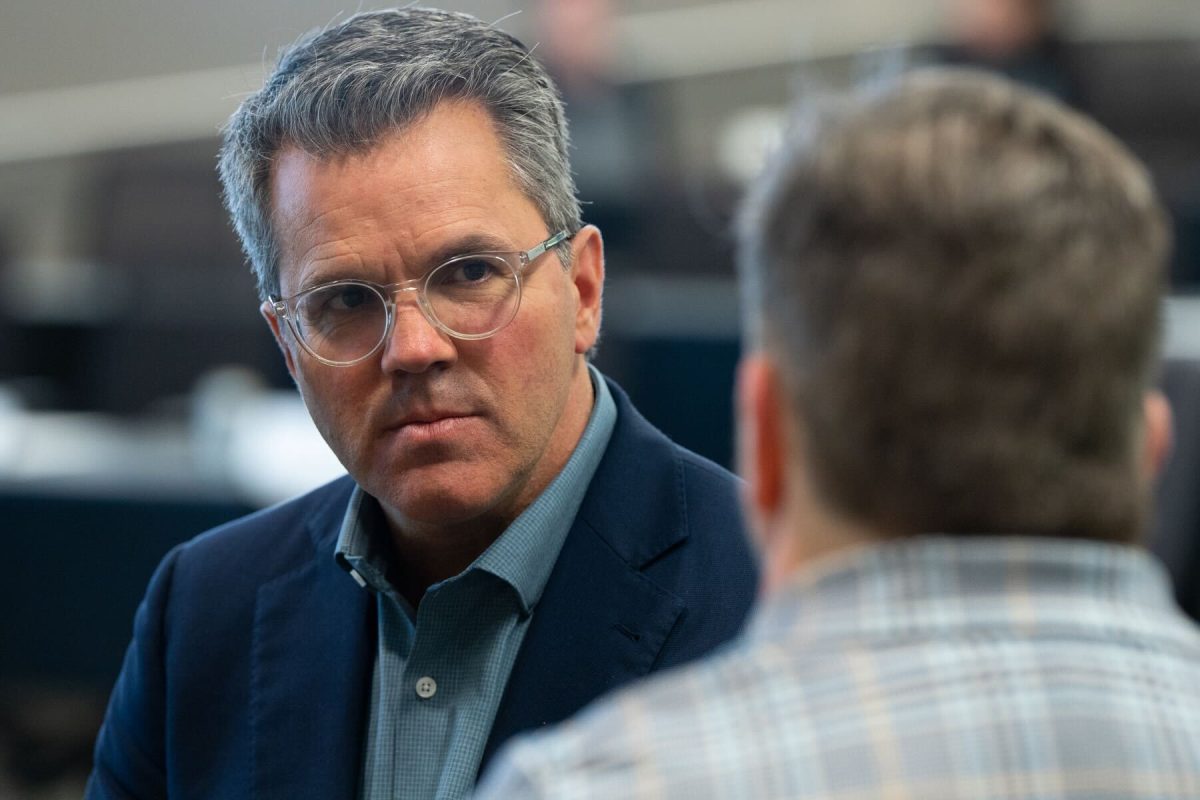Incarcerated mothers are getting the chance to read children’s books to their kids through the Women’s Storybook Project.
Founded by College of Education alumna Judith Dullnig, the Women’s Storybook Project records mothers reading books and sends the recordings to their children. Founded in 2003, the organization works exclusively in Texas’ female prisons, Dullnig said.
The program admits mothers of children ages 12 and under who display good behavior for 90 consecutive days regardless of what crime the mother committed, Dullnig said. She said the program is as important for the mothers as it is for their children.
“If anything should happen and (the mother) does something wrong within the prison system, then she is automatically out of our program,” Dullnig said. “They’re motivated to be good, to have good behavior and to stay in it.”
Over the past 35 years, the number of women incarcerated in Texas has grown 700%, said Women’s Storybook Project executive director Jill Gonzalez, also a graduate of the College of Education. She said the organization works with nine Texas female prisons, and their goal is to eventually work with the remaining two in Texas.
The program lasts four months, and mothers are allowed to read a different book each month for each of their children, Gonzalez said. She said the mothers get 10 minutes to read and then have the chance to write a message inside the book for their children to see.
Gonzalez said the people she met at the College of Education helped her become a continual learner, and she said she has a passion for connecting children and families through books.
“Children’s books are an amazing vehicle for teaching, for connecting, for helping people learn valuable life lessons and connect with each other,” Gonzalez said. “It’s so impactful for these moms and then for the children and families.”
Bilingual education sophomore Mireya Reyna said organizations such as the Women’s Storybook Project show the different ways you can help children in the education field.
“It’s really inspiring because it shows you can be an advocate for children in their education outside of the teaching environment,” Reyna said. “Knowing that you can do so much with your degree outside of the classroom is really big because you can be an advocate in several ways.”
Editor's Note: A previous version of this article incorrectly reported that the number of women incarcerated in Texas has grown by 200% instead of 700%. The Texan regrets this error.

